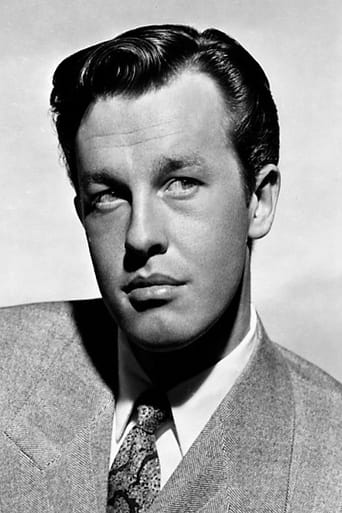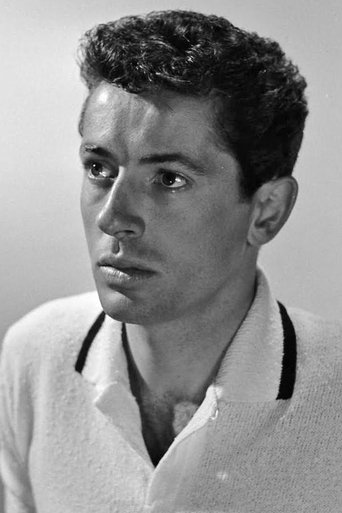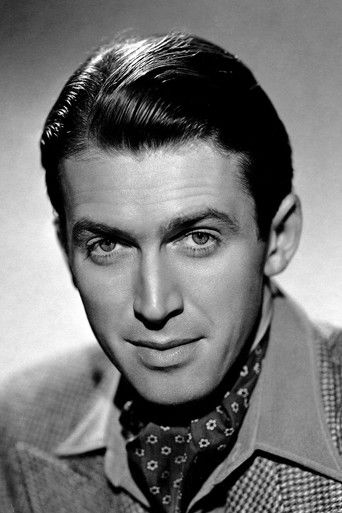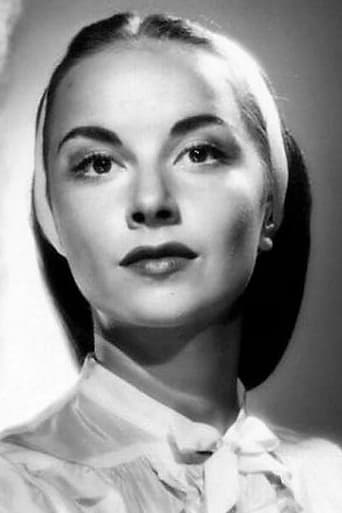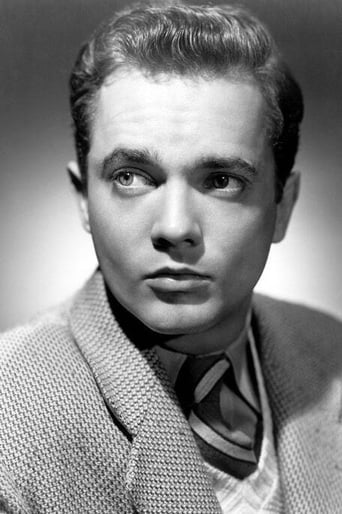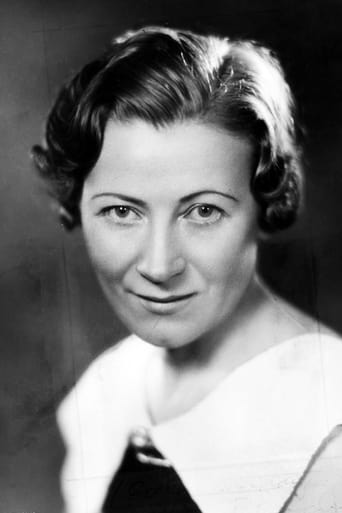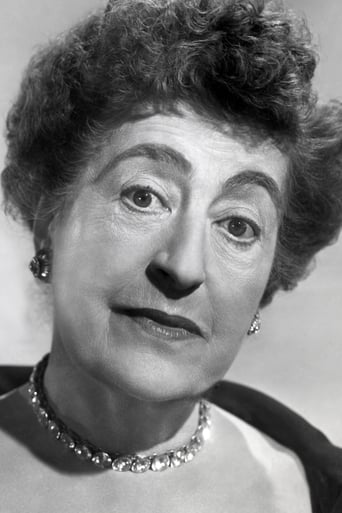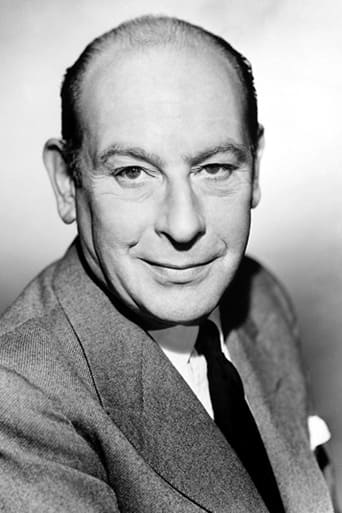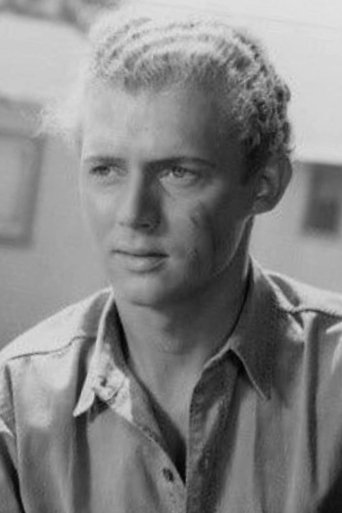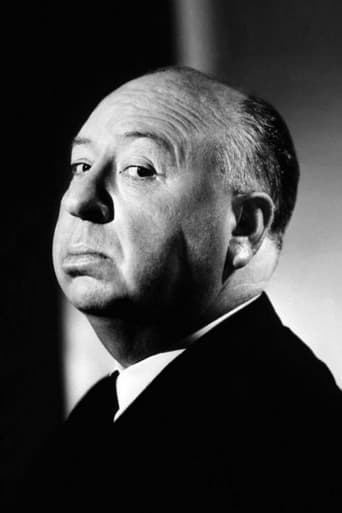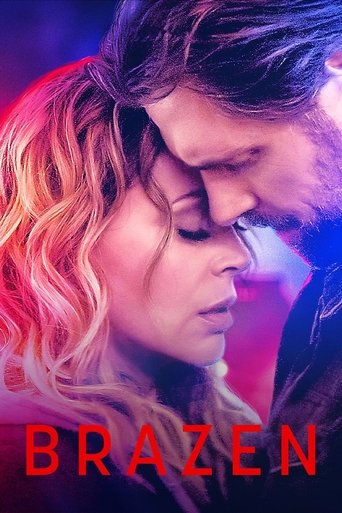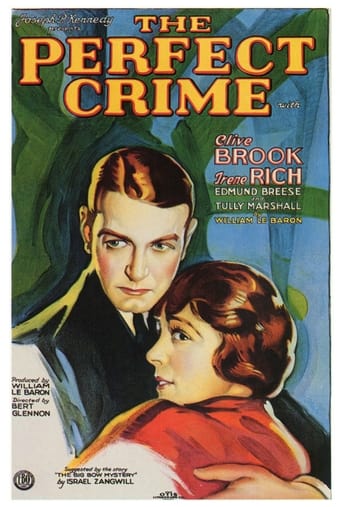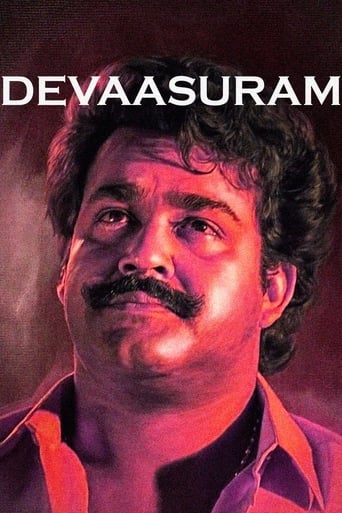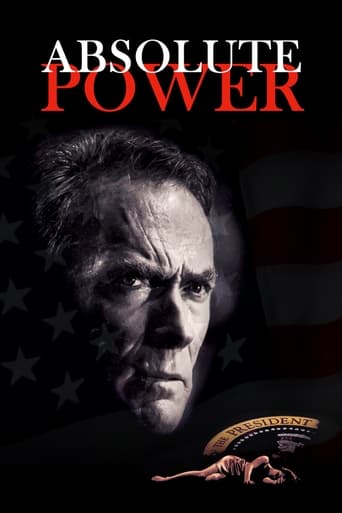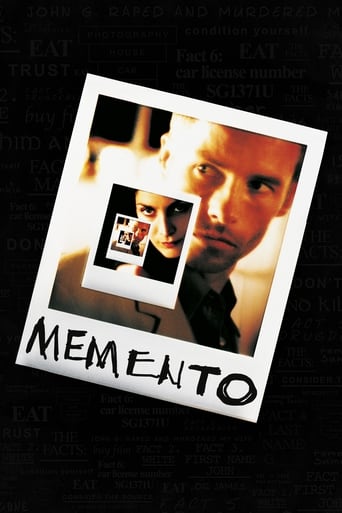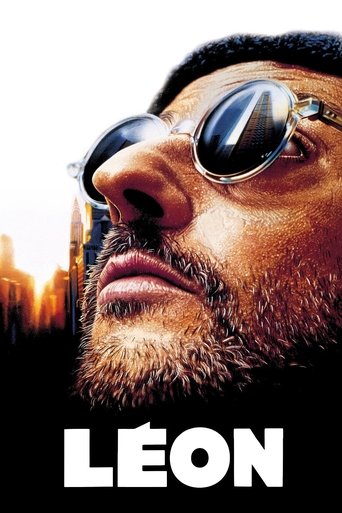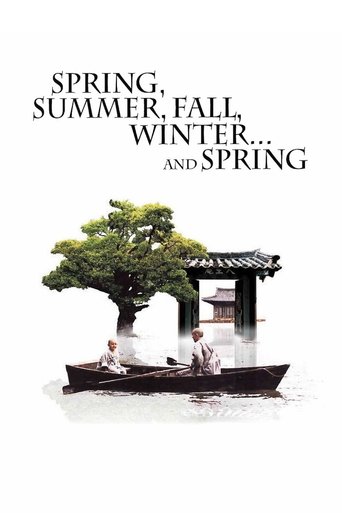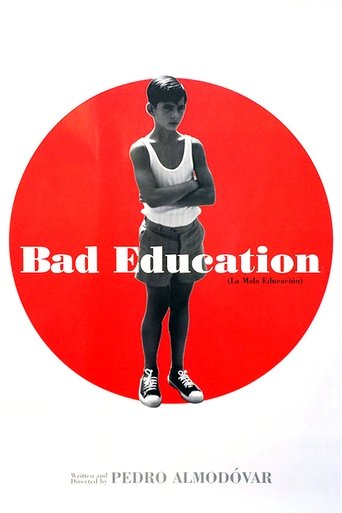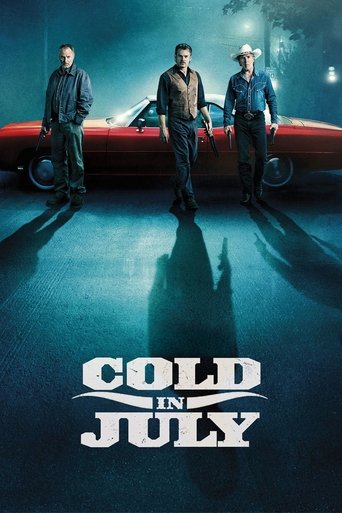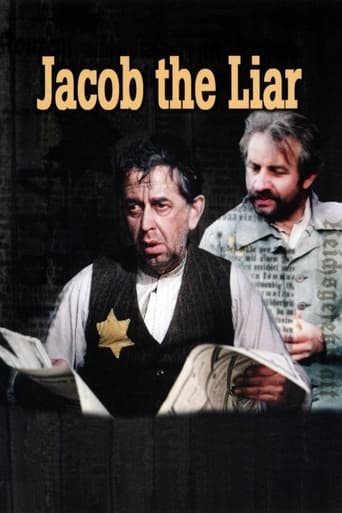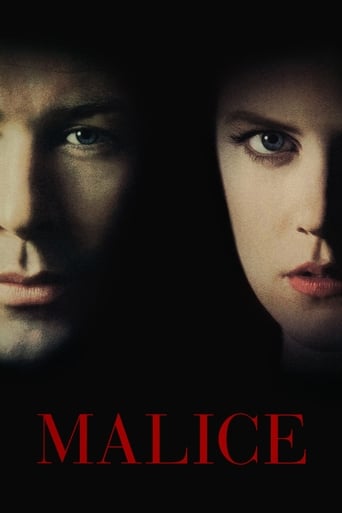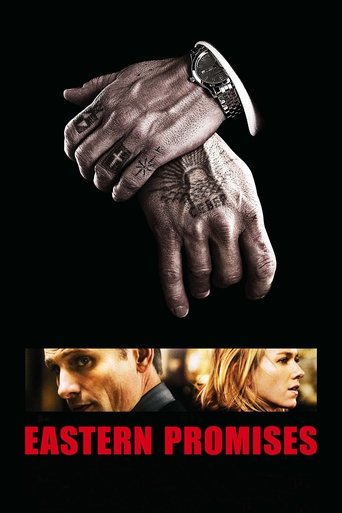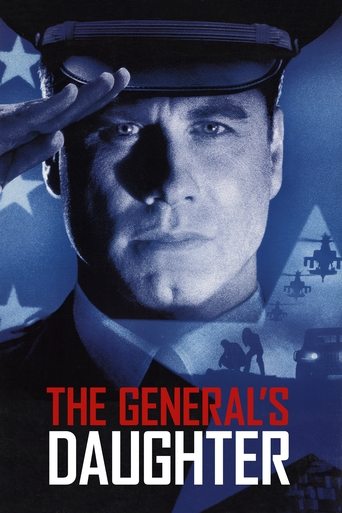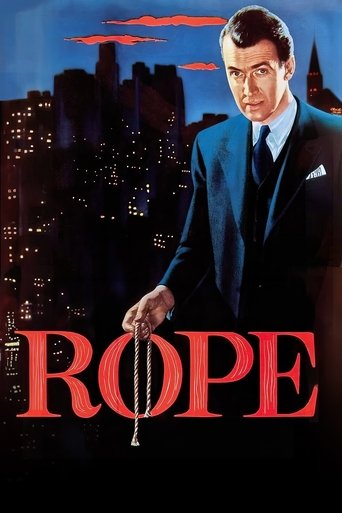
Rope (1948)
Two young men attempt to prove they committed the perfect murder by hosting a dinner party for the family of a classmate they just strangled to death.
- Charlsie Bryant
- Alfred Hitchcock
- Lowell J. Farrell
- Patrick Hamilton
- Hume Cronyn
- Arthur Laurents
Rating: 7.943/10 by 2712 users
Alternative Title:
Alfred Hitchcock's Rope - US
绳索 - CN
Ο Βρόχος - GR
올가미 - KR
Nodo alla gola - IT
Repet - NO
La soga - ES
Веревка - RU
Country:
United States of America
Language:
English
Runtime: 01 hour 21 minutes
Budget: $1,500,000
Revenue: $2,200,000
Plot Keyword: philosophy, banquet, rope, strangle, based on play or musical, murder, technicolor, dinner party, academia, single location, superiority
Can't believe I'm only seeing this now. It's great. Basically a play. There couldn't have been more than 15 shots. Ending had me in tears. Shouts out
Rope was the first Alfred Hitchcock/James Stewart collaboration. They would go on to do "Rear Window", "The Man Who Knew Too Much", and finally, "Vertigo". This being the first, and also a kind of experimental film on Hitchcock's part, it is the weakest of the four. Shot as a play, mainly in one room, and with only a handful of cast members, the concept of how it was done is intriguing even today. Done in roughly a dozen takes, the only times that the camera ever cuts are when it closes in on someone's back and then angles around to the other side. That's the tell-tale sign of the only cuts in the entire film. John Dall's acting is commendable, in the part of the more ruthless killer, Brandon Shaw. He's a very cool character, and feels no guilt over the brutal murder he's just committed. James Stewart, great as he is, seemed a bit out of his element, as intellectual publisher Rupert Cadell. Stewart is always immensely enjoyable, and I have massive respect for his talent. However, he does appear somewhat uncomfortable with his part throughout the film. Another aspect that detracts from the tension is the opening scene of the murder taking place. After David Kentley is dead, he is placed in the wooden chest and the audience knows he's dead from scene 1. Had Hitchcock omitted the scene of the murder, the audience would no doubt be wondering "Is there really a body in that chest? Did they really do it? What's going on here?" And the red herrings in the film would only add to the suspense. As it is, we know from the start who's dead and who-done-it. That said, it's a decent movie, and certainly still worth the watch.
Now I may be completely off beam here, but there is something ever so slightly homo-erotic about the relationship between John Dall ("Brandon") and Farley Granger ("Philip") in this rather clunky murder tale that is less of a mystery and more of a bragging exercise. The two, having murdered their college friend "David" invite some folks round for a dinner party that shows the pair - especially Dall - as obnoxious men with a profoundly mis-placed superiority complex. As their odiousness is enhanced by over-confidence and drink, their former school master "Rupert" (Jimmy Stewart) starts to suspect that there is more to the absence of "David" (the more suspicious because his father, Sir Cedric Hardwicke has come to the supper) than meets the eye; and soon he begins to put two and two together. I found the long takes helped build the tension quite effectively, but the dialogue was relentless and the fine line between characterisation and irritation - for me, anyway, was well and truly crossed. If Dall's purpose was to alienate the room and the audience, then he succeeded spectacularly - and it says in the trailer - it's certainly not a film you will ever forget.
Somebody should have stopped Hitchcock from all this innovating business…
**It ends with a shot** Like no film ever did that.
_Rope_ is often praised for its technical ambition but falls flat in genuine suspense. The single-take gimmick overshadows the storytelling, leaving it feeling more like a stage play trapped in a cinematic format. Jimmy Stewart’s earnest charm feels misplaced here; his usual gravitas is oddly muted, making his presence more distracting than commanding. John Dall is the real standout, injecting a sinister flair into an otherwise tepid cast. The much-lauded homosexual subtext can’t compensate for the lack of tension or stakes. A fascinating experiment, but certainly not Hitchcock at his best.

